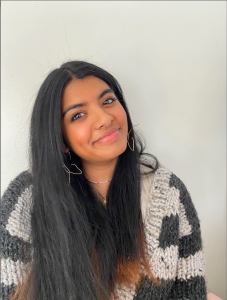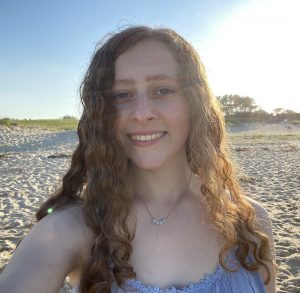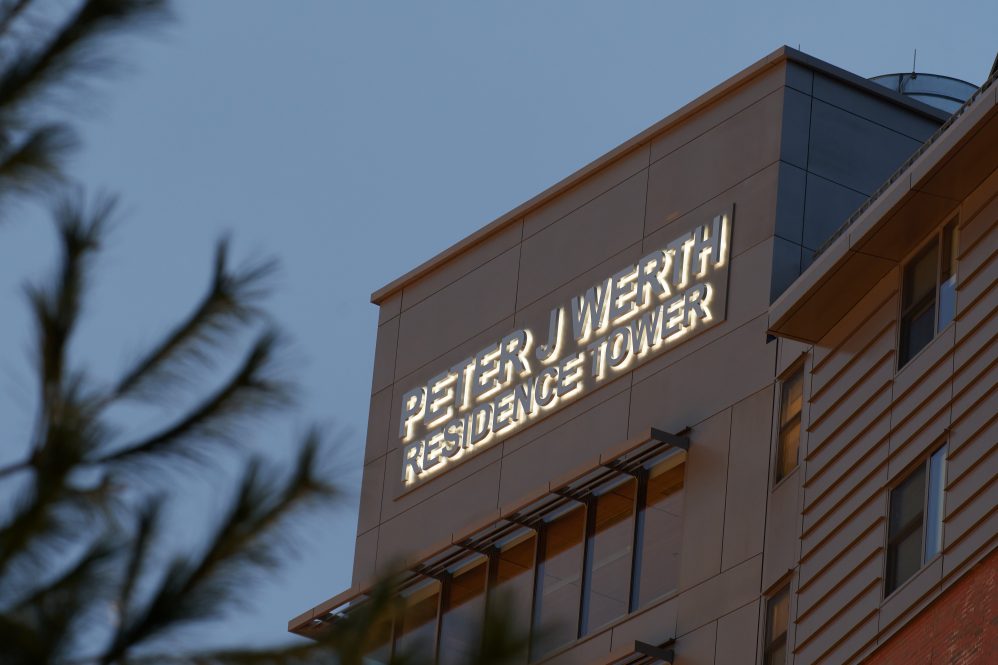What is something that you truly love?
As the members of the inaugural F3 Experience cohort embarked on their entrepreneurial journey at UConn, David Noble – director of the Peter J. Werth Institute for Entrepreneurship and Innovation – asked them all this question.
What was something that they truly loved?
For one, it was photography, though that’s not part of her major. For another, it was food – mostly as a hobby, but also for how it can help build community. And for another, it’s education reform and the way that technology can help evolve systems in need of change.
Through the F3 experience, these students – and their cohort peers – have found ways to develop what they love into meaningful experiences, companies, and new technological developments while building relationships with mentors, industry leaders, and each other.
“Diversity and inclusion can often be buzz words in the entrepreneurship space, but at UConn, we are building the most accessible and inclusive entrepreneurial community,” Noble says. “Whether that diversity covers gender, race, or even majors, the Werth Institute is designed to support all students where we find those students.
“We learned from our students that structure of entrepreneurial opportunities was exclusive and reserved for later stage students. We flipped the switch, and began to involve younger and younger students. This investment of time and resources is meant to have massive societal impact by opening up the pipeline for whom access entrepreneurial classes and opportunities in alignment with the creation of MGMT/BADM 2234, which is available to any student regardless of their year or major.”
With applications now open for a second year – and with the F3 Experience looking to expand its reach not only to first-year women but also to first-year students from historically minoritized populations, including LGBTQ+, Black, Native American, Indigenous, Latinx, Asian and Asian American, and students of color – meet two students from the pilot cohort who are now one year into their UConn entrepreneurial journey through this dynamic new program.
Reimagining Education
When Sudiksha Mallick ’24 (CLAS) talks about education reform, her passion for the topic is palpable.
“Truly, education has not changed from the start, it’s still the same – in rows, lecture-based, teacher at the front, this separation of power between the teacher and the students,” she says. “So how can we make public schools view school a different way as the times are changing?”
While in high school, Mallick – who is from Barrington, Rhode Island – worked with her local school district to rewrite curriculum, with a focus of building more diverse perspectives into learning.

Now at UConn, Mallick is studying political science, international relations, and public policy. She says she never thought of herself as an entrepreneur, and she was hesitant to apply for the F3 program, but was encouraged by her sister and a fellow student who was taking part in the Werth Innovators program to try it out.
“I didn’t think that I fit what they were looking for, but I was like, why not go for it?” Mallick says. “And then it probably became the best decision I made in my college experience so far.”
Mallick is part of a team of three students who are working to develop a set of flash cards designed to support the learning needs of neurodiverse elementary-age students. Called Smart Cards AR, the team’s prototypes utilize augmented reality technologies to provide an interactive experience meant to offer greater engagement to learners.
“When you put your phone over it, the image pops to life,” she explains. “You can move it around, you can play with it, and we’re trying to add audio elements. So, it’s like a flash card, but it’s for students maybe who have trouble reading, so they can have both an audio component and a visual component.”
The team is also working on integrating mono-motion technology into their deck, which would scan and track a user’s hand motions, allowing them to use their hand to “draw” in the virtual space.
“Our goal with this was to help students who don’t really learn traditionally and to bring the real-life aspects to learning,” Mallick says.
The team is currently working on developing the full deck of Smart Cards, and then plans to test their prototypes with community educational partners – Mallick says that their initial outreach to teachers, school systems, and other potential testers has been met with support and encouragement.
Support has also come from the other members of her F3 cohort – they met weekly last year, and continued regular contact over the summer. Mallick says that there is no competition between members of the group, which is different from her previous experiences in educational settings.
“Coming from a competitive high school, when you’re in these small groups that are like this, usually you think it’s a competitive group,” she says. “But this group was so supportive of every single person, and it’s made me rethink the way I think about education, too – maybe there’s no need for that much competition. Maybe it’s actually a little bit unhealthy, the amount of pressure that public schools put on children. In this group, everyone is just there to help, and I think it’s so beautiful to see that.”
Finding Community
Cooking is a hobby for Rachel Laemle ’24 (CLAS) – she’s not a professional, or an expert, she says, but she does consider herself a foodie. It’s something she deeply enjoys.
She initially though she might use her time in the F3 program to build an app to help bring together other like-minded foodies.
“I wanted it to be a place for foodies to connect,” she says. “But I soon found out that app making was not something I was interested in, and it was more coding than I envisioned.”

Instead, Laemle focused her efforts on building a food blog that incorporates some of those app-like elements. Built on the Wix platform, she uses the blog – called College Chefette – to document some of her own recipe experiments, but has a section for followers to join as members and connect with each other.
She’s also integrated social media to help build interest in the blog, and has started a contest feature called “Restaurant Replicators,” where participants try to recreate a dish from a local restaurant.
“It’s stress free,” she explains of the contest. “If it fails, it was just for fun. Share what you came up with, but try to make something that you would want at the restaurant, a specific dish.”
It’s not a money-making venture for Laemle, but the beauty of entrepreneurship and the F3 program is that it doesn’t have to be.
“Entrepreneurship is really being an innovator, developing your passion, being the creator of something, and just making a difference in some way,” she says. “It doesn’t have to be something that you make money off of, or that everybody notices. My food blog isn’t profiting, because that’s not exactly where I needed to go. Everyone is so different, which is one of the best parts about the program – we’re all exposing each other to what we like and our passions.”
Her passion, and her experiences delving into the food world through her blog and through mentoring connections made through the Werth Institute have also helped guide her plan of study while at UConn.
“I recently decided I want to major in nutrition,” Laemle says. “I had been thinking about it since I applied to college, and I think just through the food thing, meeting other people interested in the food industry, courses I took freshman year in nutrition – that’s where I decided. I think it’s really interesting, it’s such a progressive field, and there’s so much to do with it.”
She hopes over the next year to continue learning, building her blog, and participating in the Institute through the Werth Innovators program.
Applications for the second F3 Experience cohort are due on Monday, September 27, 2021 – click here for more information or to apply.
For more information about the Werth Institute and entrepreneurship at UConn, visit entrepreneurship.uconn.edu.



